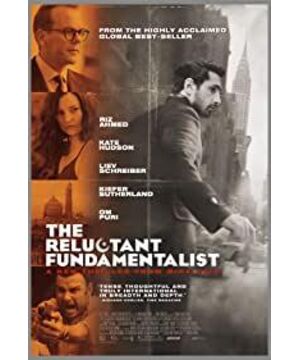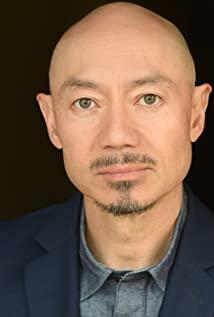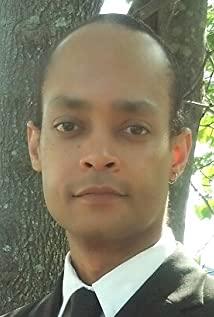More than ten years later, the 9/11 incident has gone from a shocking and terrifying disaster to an excellent material for the film industry: sufficiently extreme conflicts, credible reality background, religion, human nature, pluralistic American spirit, and anti-terrorism xenophobia. Reality... But most 911 movies have a cautious posture. They eulogize heroes, flog the enemy, create sadness, and show hope. No one is willing to take the risk of being politically incorrect and try an alternative perspective.
But "Strangers at Lahore Tea House" made a bolder choice. The protagonist in the movie is neither an American rescuer or army that demonstrates heroism, nor is it an American victim, or even a terrorist. They are ordinary Muslims living in the United States. After 9/11, the lives of these people were completely upended.
They are the missing in public discourse. The media likes people with distinct identities, heroes or terrorist leaders. But the reality is far from black and white. Those ordinary Muslims who originally lived in the United States suddenly become suspicious. Their skin color, beliefs, beards, turbans and burqas seem to have revealed their "original sin".
The protagonist of the film is one of them. This Pakistani professor, dressed in national costume, with a beard, with a peaceful and graceful manner, sat in front of the American reporter Bobby. Bobby's real identity is a CIA agent, and in the name of the interview, he wants to ask for information from Changaizi. But Changuez told him about his experience.
He went to New York as a chaser of the American dream, and he had great ambitions in his family. Fortune did not treat him badly. After graduation, he entered a well-known financial company as he wished and was promoted quickly. Just when he became a partner of the company, 9/11 happened. Everything has changed. Because of his ancestry, he was detained at the airport and inexplicably detained at the subway entrance. The beard he had built to relieve his homesickness frightened his close colleagues. His life quickly disintegrated in a hostile atmosphere, and New York, which was originally tolerant and diverse, suddenly became conservative and hostile. As the writer Lawrence Bullock wrote, the "Big Apple" has become a "small town". He decided to return to his hometown to be a university teacher. Dealing with terrorists and passionate youths, balancing hatred and rationality... The
film sets three main characters around Changuez. His boss Jim, a representative of the standard American dream of the pre-911 era, was born at the bottom and succeeded by his own struggle. He was the original role model for Changuez. The other is his girlfriend Erica in the United States. She is a variant of Changuez’s American Dream, an intermediary who is closer to New York in a foreign land. The last one was American agent Bobby who was chatting with Changuez. He was a mirror of Changuez's American dream and showed the whole process of his fragmentation. These three people formed an arch-like structure, reflecting the ascent and disillusionment of Changaizi's inner dream before and after 9/11.
In the movie, there is a shocking line in which Changgez retells Bobby the moment he first saw the 9/11 news, “Don’t you have any joy before your conscience takes the upper hand? In this way, the proud bow their heads.” He understands that terrorist attacks are unforgivable, but he does speak of the instinctive reactions of certain people who have long been buried under the doctrine of political correctness. If most of the other 9/11 movies are describing the outside, the causes, consequences, and effects of the event, then this movie is describing the deep traces of a huge terrorist incident left in the hearts of every ordinary person. Complicated human nature is a sharp carving knife that gradually carves a person into another. "Strangers in Lahore Teahouse" describes the whole process of hatred breeding and spreading from one side. Of course, it also embodies reconciliation in the end, but reconciliation also comes at the cost of a certain degree of mutual harm.
Of course, the director still allowed the movie to return to the mainstream at the end. The CIA found that Changgez had always refused to cooperate with terrorists. He never played up hatred in the university, but tried to make people understand the importance of reconciliation. But in the end, his assistant coach still died of accidental injury in the melee. This is the metaphor of reality, and harm is destined.
In the movie, when Changuez’s girlfriend broke up with him, he said that he still could not forget the deceased ex-boyfriend. “My mourning period is not over yet.” Against that background, an American said something to a Muslim. Rather, it is a metaphor that the mourning of the United States and Muslims is not over yet.
View more about The Reluctant Fundamentalist reviews











